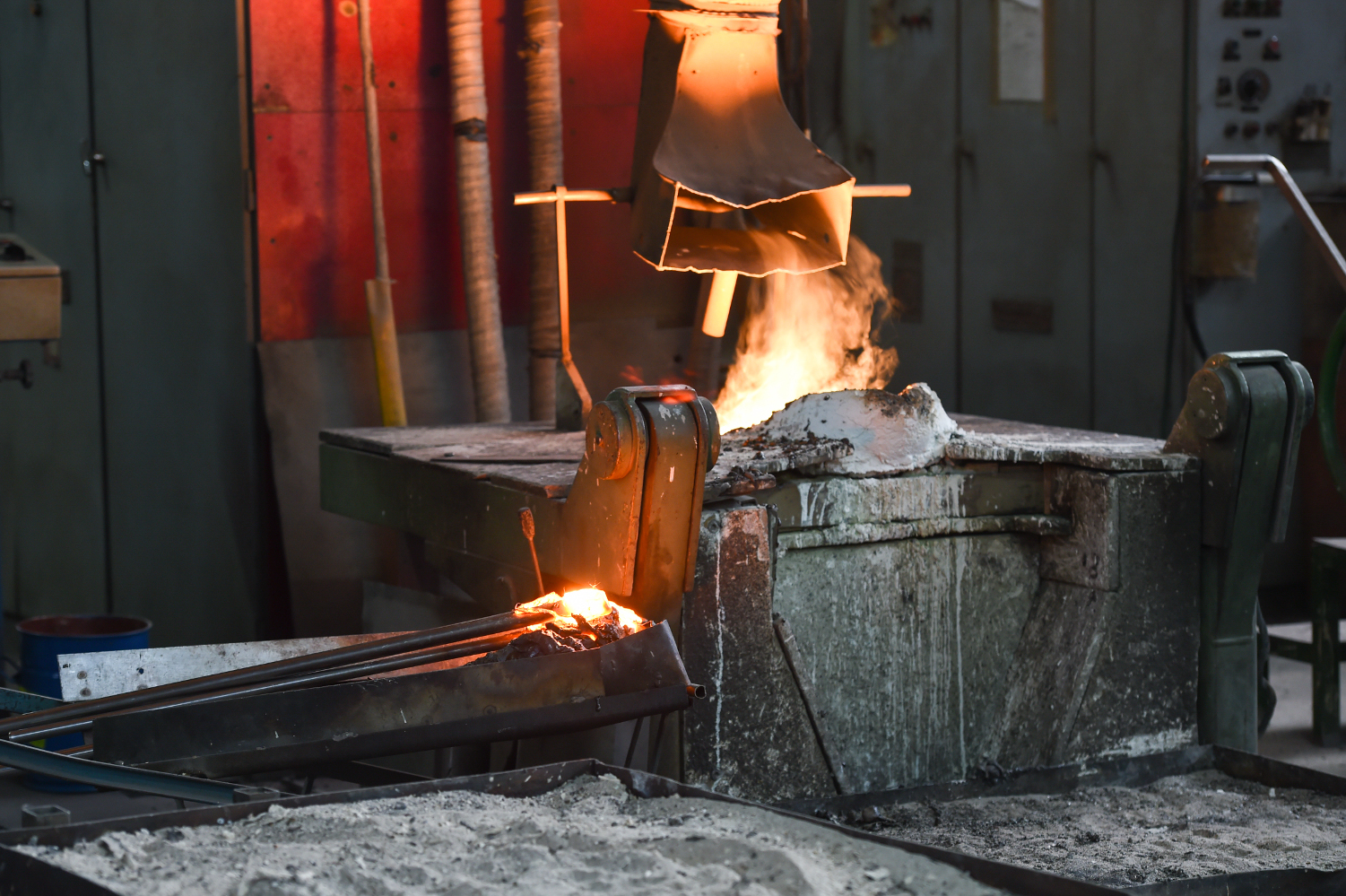Why choose investment casting?
Why choose investment casting?
Benefits and costs
A casting made by investment casting allows the designer three main advantages:
- The first is that to realize complex geometries, the possibility to substitute with one casted part, small and large parts consisting of different pieces.
- The second is to be able to choose the most appropriate metal alloy for the project, since all the metal alloys can be casted, in fact the higher their melting points are and greater is the convenience to use this technology.
- The third major advantage of the process is that the tolerances which are achievable by casting are very precise and repeatable, so you can reduce or even eliminate the following machining, with consequent reduction of production costs.
To identify the type of technique that most suits to the own needs in order to choose the most economically favorable process to realize a certain type of part, you have to base the analysis on the following assessments:
- Melting temperature and type of alloy
- Size of the casting
- Complexity of the casting
- Number of pieces
- Tolerances and surface finishing

Comparison among the main manufacturing techniques for the foundry process
| COMPARISON OF CASTING TECHNIQUE | DIE CASTING | SHELL CASTING | SAND CASTING | INVESTMENT-CASTING | INVESTMENT- CASTING FONDERIA BIAGIOTTI |
| Cost of the mould | High | Middle | Low | Low | Very low |
| Possibility of geometrical changing during production | Very limited | Limited | Very good | Middle | Good |
| Batch size | High | Flexible | Flexible | Flexible | Very flexible |
| Dimensional precision | Very good | Good | Limited | Good | Good |
| Casting materials | Aluminum and magnesium alloys | Aluminum, brass and copper alloys | Ferrous and non-ferrous metals | Ferrous and non-ferrous metals | All the steels, nickel and cobalt based super-alloys, aluminum, bronze and magnesium alloys |
| Reachable geometrical complexity | Middle | Middle | Good | Very good | Best |
| Weight of castings (kg) | From 0.05 to 50 | From 0.5 to 300 | Starting from 0.05 | From 0.005 to 15 | From 0.005 to 40 |
| Thickness of castings (mm) | From 0.5 to 12 | From 2 a 50 | Starting from 3 | From 2,5 to 80 | Starting from 1,5 |
| Superficial finishing degree of castings (RMS) | 150-350 | 150-200 | 63-90 | 60-125 | 60-125 |
Applications
The Fonderia Biagiotti srl operates in the domestic and international market making precision castings for the production of small and large series for the following industrial applications:
Aeronautical
Aerospace
Food and agriculture
Automotive
Medical
Cycle and motorcycle
Chemical
Security
Building
Electrical & Electronic Equipment
Enology and Bottling
Railway
Mechanical engineering of precision
Mechanical engineering in general
Military
Boat
Oil&Gas
Oleodinamico
Packaging
Pumps
Doors and windows
Turbine
Valves


